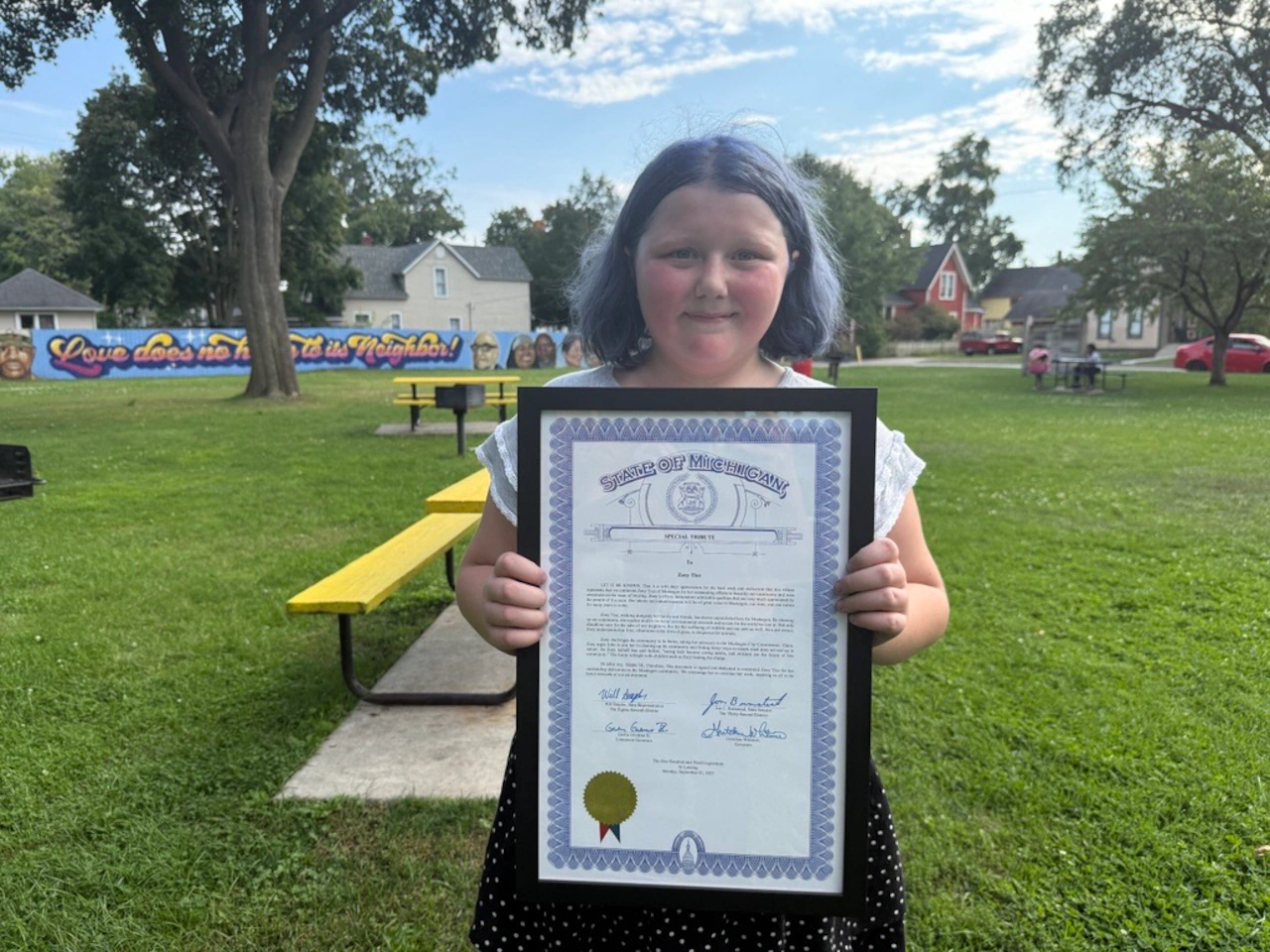
NEW YORK — As America deals with an epidemic of gun violence — a Sunday shooting at a Mormon church in Michigan being only the latest example — a British play arrives on Broadway with the Manhattan Theatre Club about a single blow to the jaw with a clenched fist.
That might sound like a play making a tacit argument for tighter gun laws. That certainly comes to mind in the current U.S. context: fists don’t rip through lungs or cause blood to spurt from the neck. But in “Punch,” the potent James Graham drama about the fallout from an everyday fight on the sidewalk outside a Nottingham pub, that blow nonetheless proves fatal. And, as in all instances of violent crime, the fallout then ricochets across multiple families.
Graham’s play, which originated at the Nottingham Playhouse, is based on a 2022 memoir, “Right From Wrong” by Jacob Dunne. In 2011, Dunne, who grew up poor in a Nottingham housing project and fell into drugs and gang-related casual violence, killed a 28-year-old man on the street. He was initially charged with murder, but this was reduced to manslaughter after it was determined that the technical cause of death was not the punch but the unconscious man’s skull hitting the pavement. But after going to prison, Dunne turned his life around, becoming an educator and writer and even reconciling with the dead young man’s parents. To a point.
Graham’s free-wheeling dramatic adaptation, which previously played the Young Vic in London, has pedagogical intent and focuses on the possibilities suggested by restorative justice, an empathy-building framework that, should all be willing and the perpetrator genuinely contrite, puts victims’ families in touch with the person who did them harm. On another level, the play is also about the ease with which young, disenfranchised, working-class men can become alienated and fall into crime, thanks to peer pressure, a lack of decent father figures and a deficit of opportunity. In this case, the central character of Jacob (Will Harrison) is autistic, making him all the more misunderstood by those who populate an environment wherein Jacob’s loving mum (Lucy Taylor) is stressed out, all the time.
But the key relationships here are between Jacob and the parents of the man who died at his hands, a father played by Sam Robards and a mother by Victoria Clark, themselves navigating a painful journey. Graham works hard to be even-handed and certainly does not imply that forgiveness, or even developing empathy, for one who has done you wrong is ever easy. That said, this is fundamentally a play written from Jacob’s point of view, a work that notes that going to prison often can be the result of an unfortunate consequence of the kind of act, throwing one simple punch, that no one would expect to define their life.
A good deal of the show is in the form of narration, a technique designed to pull audiences inside Jacob’s head and give him control of the narrative, which works as far as it goes, although the style of the piece does not always feel consistent, and the story sometimes sweeps too quickly past the real-time scenes with the most potential. You certainly can tell it’s an adaptation of a prose work. In particular, the romantic relationship in the play, between Jacobs and a nurse (Camila Canó-Flaviá) that he meets in the town, gets short shrift. The staging from director Adam Penford also asks a lot of its American cast, all but one of whom have to play multiple roles.
Not all of the members of the cast feel or sound like they are from Nottingham or its environs (I spent my childhood not far from there), especially when it comes to humor. That said, Harrison certainly does and, more importantly, this very capable young actor captures what often lies behind that bespoke British-bloke blend of aggression using different parts of the body but all too little of the brain.
The progressively morphing reaction of the excellent Robards’ bereaved, wound-tight dad, sometimes a million miles away from a kid he wishes had never been born and sometimes not far away at all, is deeply moving. I could have watched those painful scenes all night.
At the Samuel J. Friedman Theatre, 261 W. 47th St., New York; www.manhattantheatreclub.com
Chris Jones is a Tribune critic.
cjones5@chicagotribune.com



